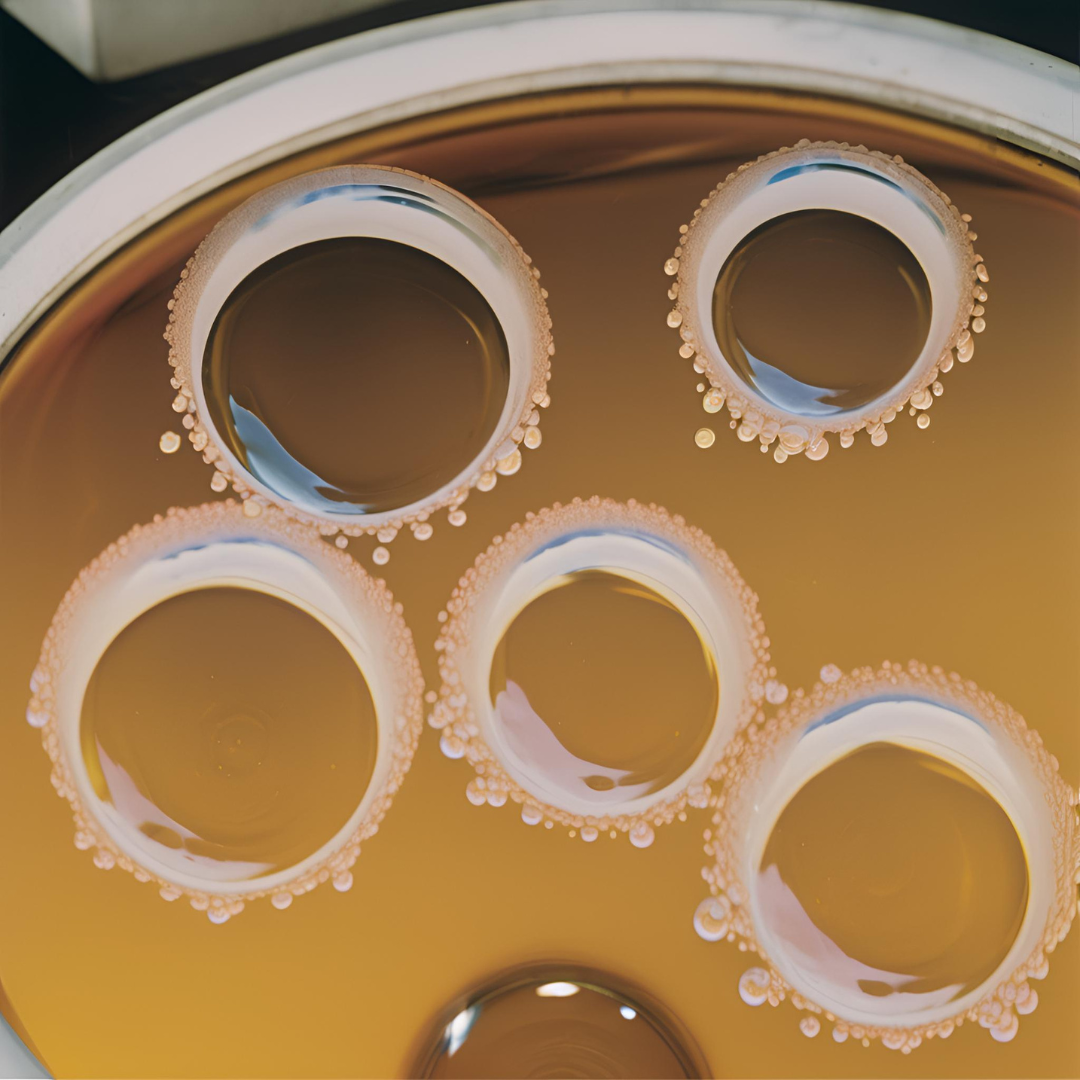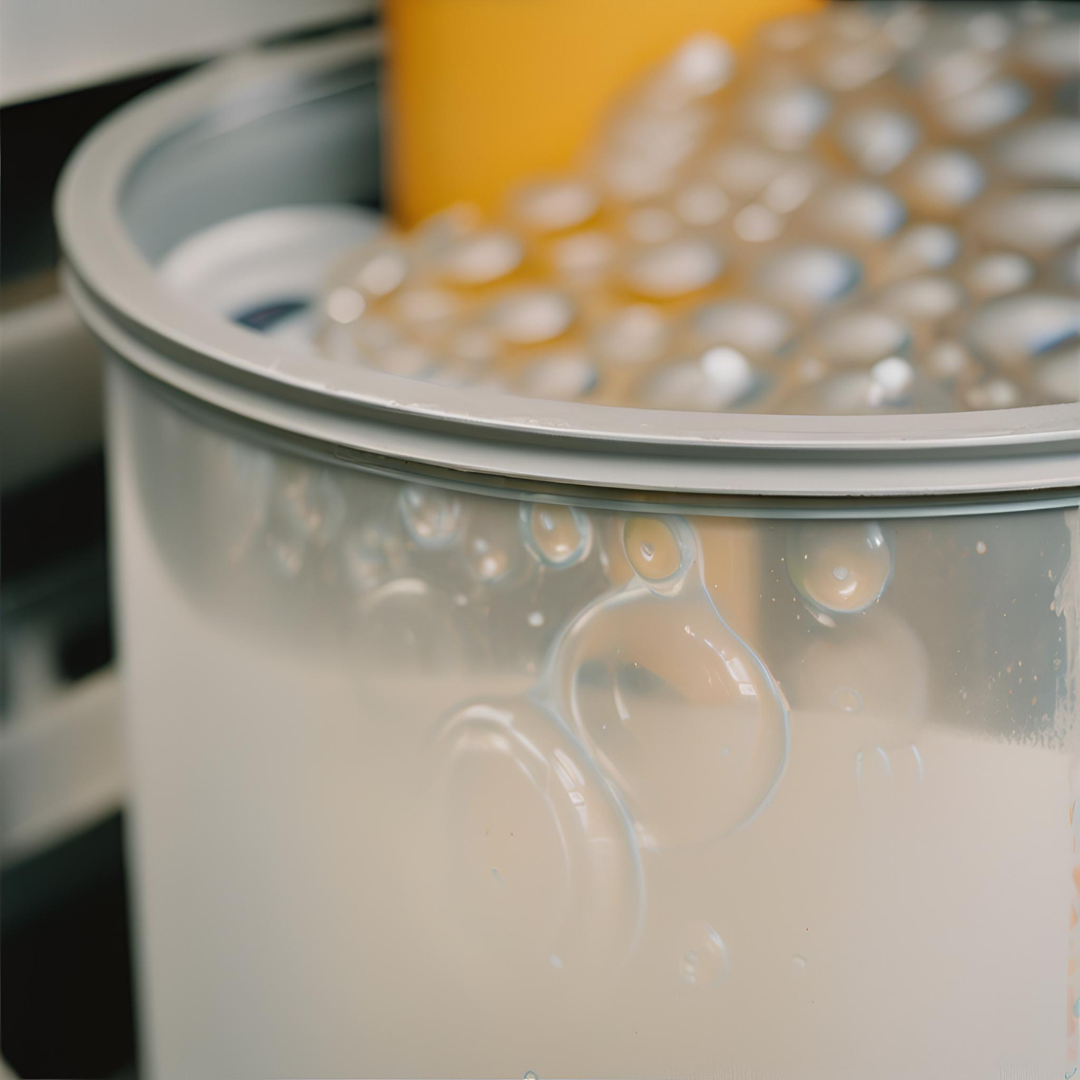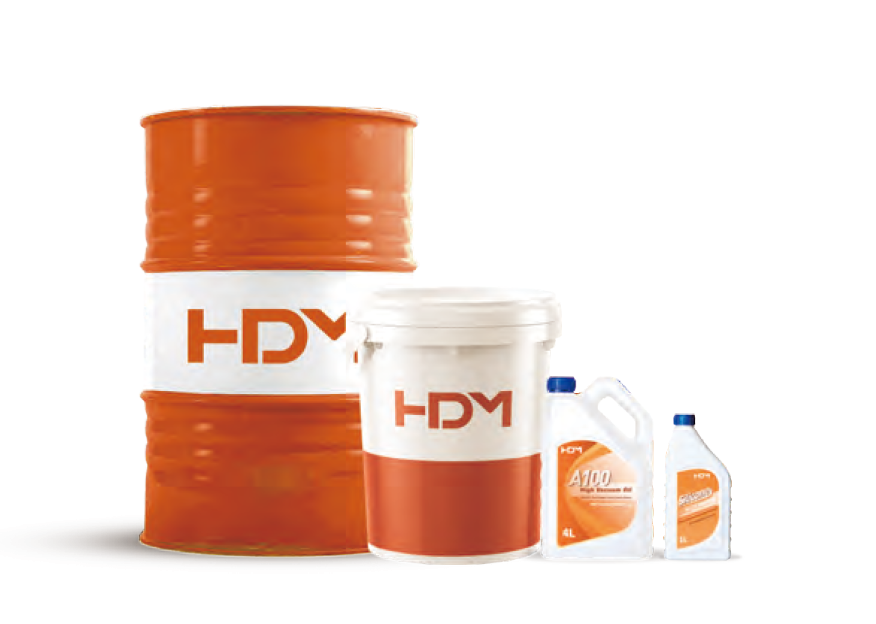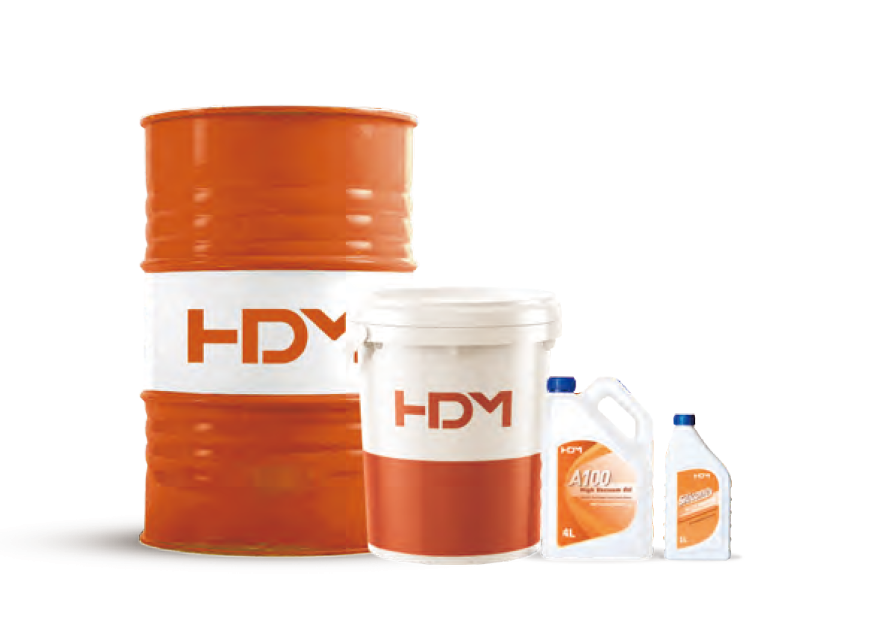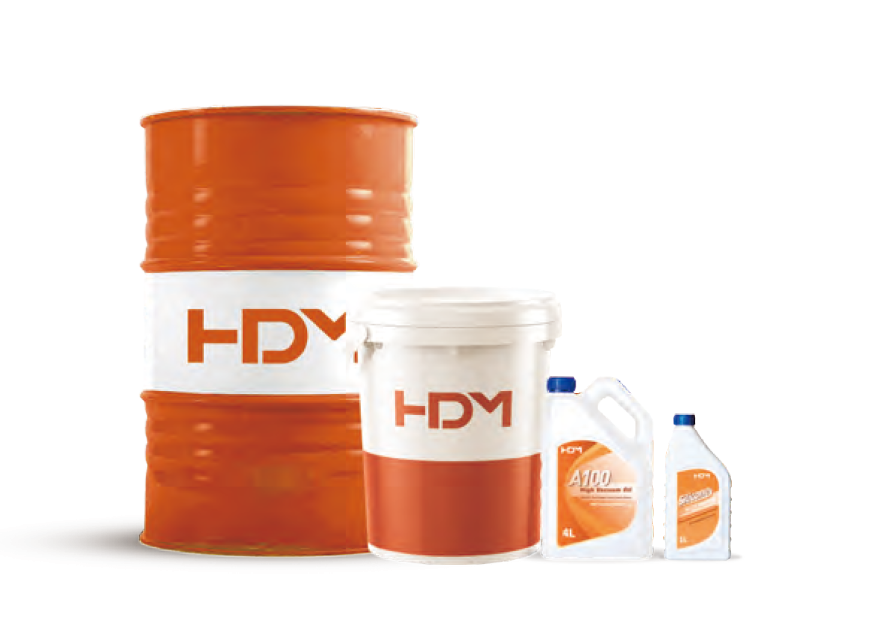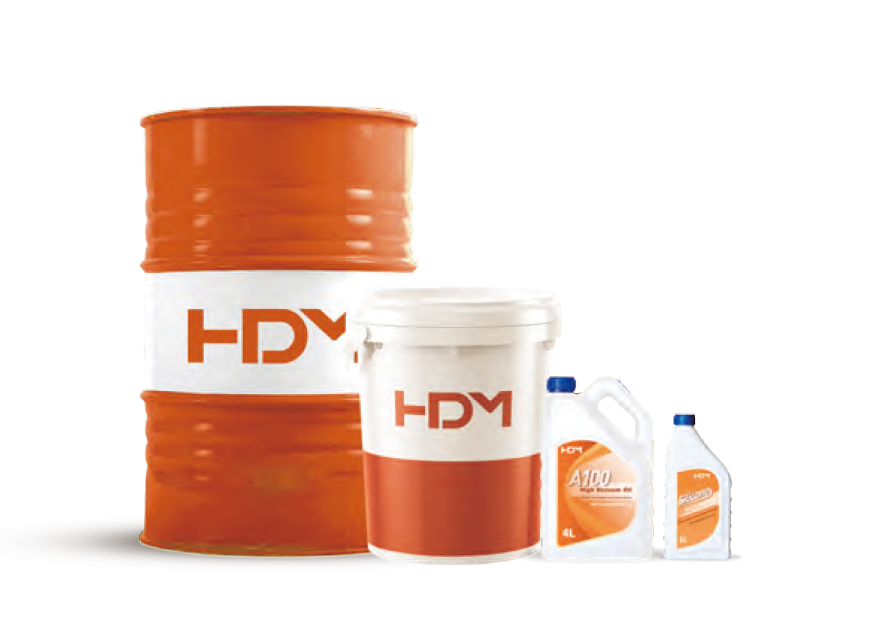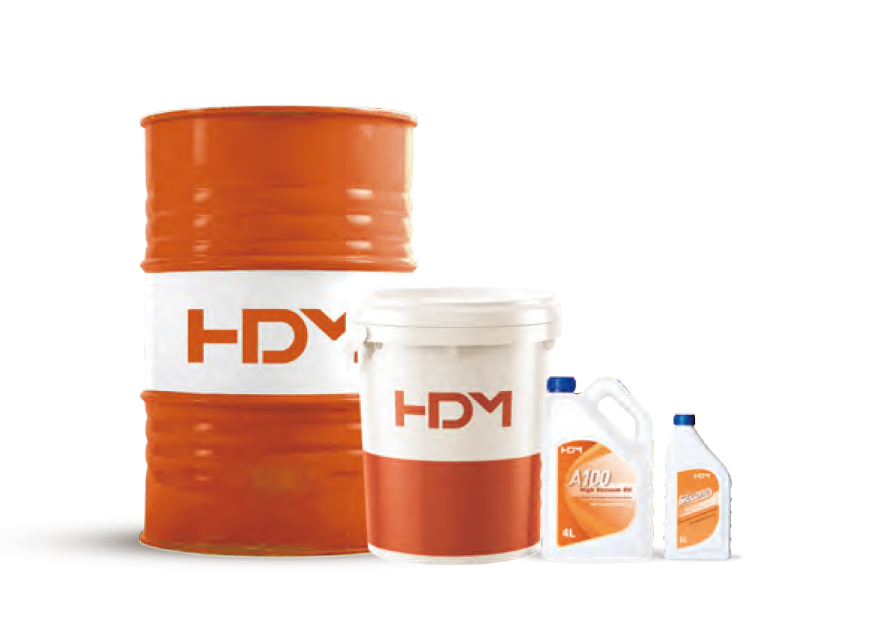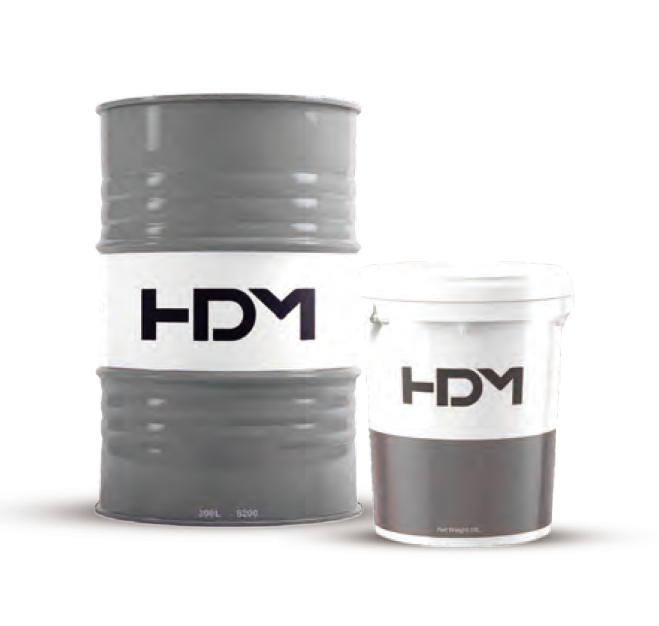Foaming in industrial lubricants is a crucial issue that can affect the efficiency and safety of machinery and systems in industrial plants. This article discusses the causes, effects, and preventive measures for foaming in lubricants to help optimize the management and maintenance of machinery.
Causes of Foaming
Foaming in lubricants occurs when air or gas gets mixed into the oil, which can happen due to several factors:
- Oil Flow: High-speed flow or abrupt directional changes in the oil system can introduce air.
- Contamination: Contaminants such as water or chemicals can react and cause foaming.
- Oil Addition: Adding new oil without degassing it first can lead to foaming.
- Equipment Wear: Worn-out machinery or seals can create gaps that allow air into the system.
Effects of Foaming in Lubricants
Foaming in lubricants can have several negative impacts: - Inadequate Lubrication: Air bubbles can disrupt the formation of an effective oil film between moving parts, leading to insufficient lubrication and increased wear.
- Oil Degradation: Foaming can accelerate the degradation of lubricants due to oxidation or other destructive processes.
- Unstable Operation: Air bubbles can cause oil pressure to become unstable, leading to erratic system performance and potential machinery damage.
Preventing Foaming
To prevent foaming in lubricants, the following measures can be taken: - Proper System Design: Systems should be designed to minimize air ingress, such as using efficient filters and vents.
- Antifoam Additives: Chemical additives can be mixed into the lubricant to prevent foaming.
- Regular Maintenance: Regular inspection and maintenance of machinery can reduce contamination and wear that may cause foaming.
- Oil Quality Monitoring: Continuous monitoring of oil quality and filtration to reduce impurities can help prevent foaming.
Conclusion
Foaming in industrial lubricants is an issue that should not be overlooked, as it can impact the efficiency and lifespan of machinery. Understanding the causes and effects of foaming, as well as implementing proper preventive measures, will aid in efficient machinery maintenance and enhance safety in production processes.
Effective management of lubricants is crucial for every industrial plant to prevent foaming and maintain system stability, preventing issues that could lead to production downtime.
To ensure that your industrial machinery operates efficiently and lasts longer, selecting the right lubricating oil is essential. Consideration of the type of machinery, operating environment, and the properties of the lubricating oil are crucial factors that contribute to optimal maintenance and performance of the machinery.
If you have any questions, feel free to consult and inquire about our products at HDM Technology (Thailand). We are equipped with a team of researchers and producers of industrial machinery lubricating oils that meet your specific needs.
To ensure that your industrial machinery operates efficiently and lasts longer, selecting the right lubricating oil is essential. Consideration of the type of machinery, operating environment, and the properties of the lubricating oil are crucial factors that contribute to optimal maintenance and performance of the machinery.
If you have any questions, feel free to consult and inquire about our products at HDM Technology (Thailand). We are equipped with a team of researchers and producers of industrial machinery lubricating oils that meet your specific needs.